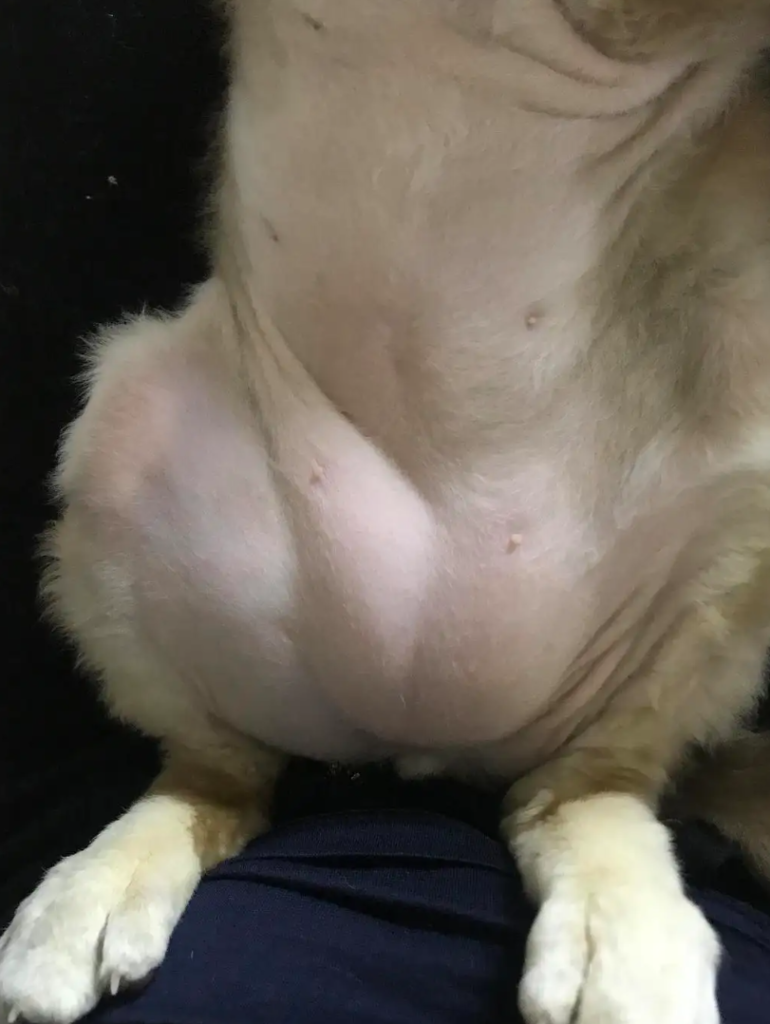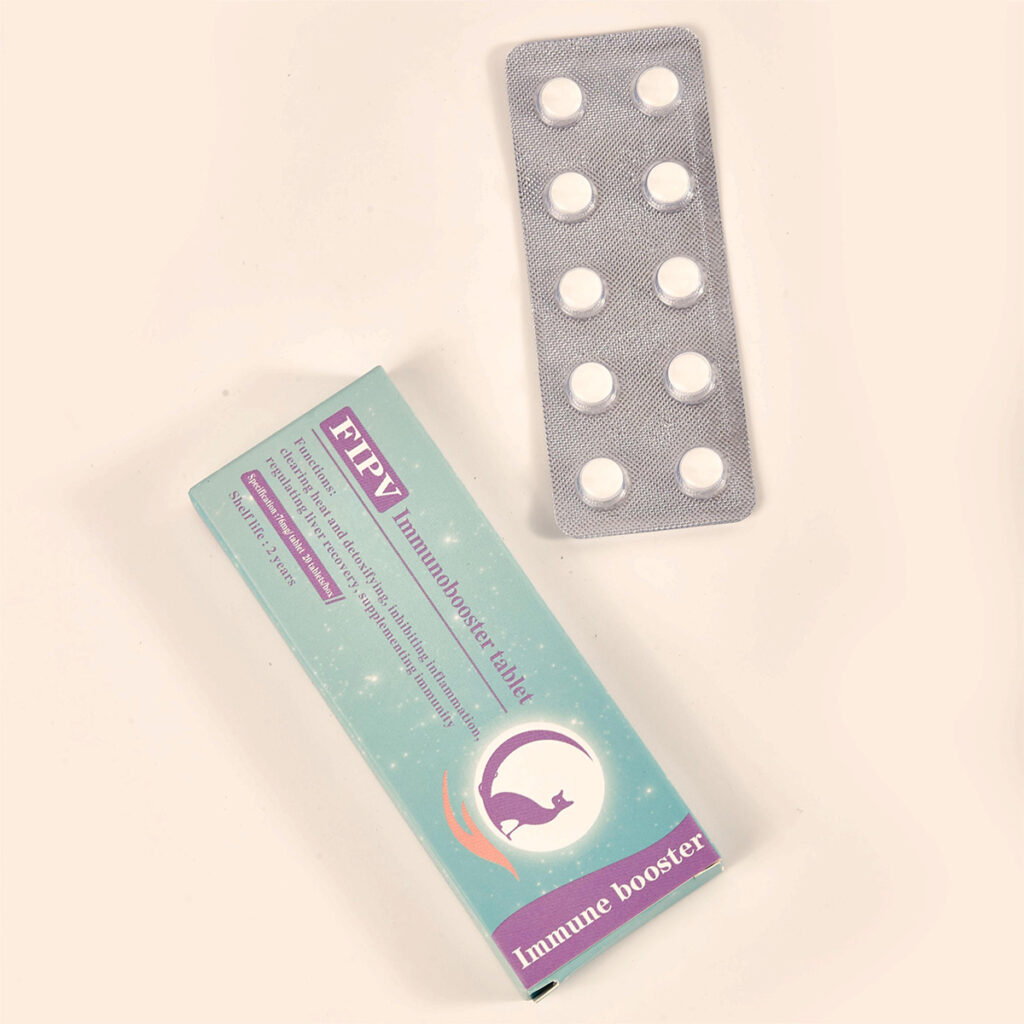The FIP (Feline Infectious Peritonitis) vaccine has been a topic of debate in the veterinary community for several reasons:

Effectiveness: The effectiveness of the FIP vaccine has been questioned. FIP is caused by a coronavirus, and vaccines do not provide reliable protection against all strains of the virus. Additionally, even vaccinated cats can still develop FIP.
Risk of Vaccine-Related Disease: There have been concerns that the FIP vaccine may contribute to the development of vaccine-related diseases, including those it is intended to prevent. Some studies suggest that vaccinated cats may be at a higher risk of developing FIP than unvaccinated cats.
Prevalence and severity of FIP: FIP is a complex disease with many factors influencing its development. This disease is relatively rare compared to other feline diseases, and the severity of the disease varies widely among affected cats. This makes it difficult to assess the true benefits of vaccination.
Diagnostic Challenges: Diagnosing FIP can be challenging, and the disease can resemble other more common feline conditions. This means that even if a cat shows symptoms consistent with FIP after vaccination, it may be difficult to definitively attribute the disease to the vaccine.
Cost-benefit analysis: Given the uncertainty about the effectiveness and safety of the FIP vaccine, many veterinarians and pet owners choose not to use it. Instead, they focus on preventive measures, such as reducing stress, maintaining good hygiene, and keeping cats in a healthy environment.
Overall, many veterinarians agree that the risks associated with the FIP vaccine may outweigh its potential benefits, especially given its limited efficacy and the availability of other preventive measures. However, personal circumstances and risk factors should always be considered when making vaccination decisions. It is important for cat owners to discuss vaccination options with their veterinarian to determine the best course of action for their pet.

What are the treatments for feline FIP?
Cat abdominal transmission is a serious infectious disease. There is currently no specific treatment, but the following treatment measures can be taken to relieve symptoms and improve the quality of life of cats:
- Drug treatment: Use GC-376 or GS- 441 to suppress the virus (the two drugs can also be used at the same time if conditions permit), and at the same time provide corresponding treatment for existing complications.
- Supplementary nutrition: Cat abdominal transmission will cause a loss of appetite in cats. It is necessary to provide high-quality food and sufficient water to maintain the cat’s nutrition and water intake. You can also consider using oral or injected nutritional supplements for cats.
- Provide a comfortable environment: Provide a quiet, warm, dry and clean environment for cats to help cats recover. Use soft mats and blankets to make your cat feel comfortable and safe.
- Regular check-ups: Take your cat to the hospital for regular check-ups to detect and deal with complications in a timely manner. At the same time, drug treatment and care according to the doctor’s recommendations can help improve the cat’s survival rate and quality of life.
It should be noted that the treatment of abdominal transmission in cats requires an individualized treatment plan based on the specific conditions of the cat. It is recommended to consult a veterinarian in time and follow its recommendations.
